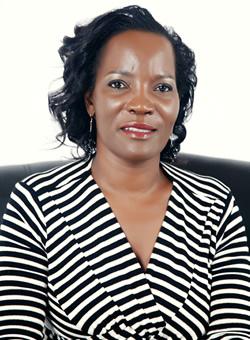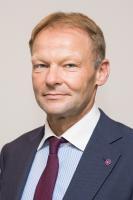Resilience Dialogue | The Future of Resilience: Banking on Cities

Resilience Dialogue | The Future of Resilience: Banking on Cities
Up to $5 trillion a year – that’s the estimated gap between the resilient financing needs of cities and the funding that’s available. In the latest Resilience Dialogue on Friday, a high-level panel of experts, officials and investors offered their insights into how cities can mobilize private financing to close that gap.
Moderated by international journalist Femi Oke, the panel featured Elizabeth Yee, Vice President of City Solutions, 100 Resilient Cities; Jessica Shannon, Partner, PwC; Jennifer Musisi, Executive Director, Kampala Capital City Authority; and Vazil Hudák, Vice President, European Investment Bank.
Across the board, panelists agreed that official development assistance alone could not meet the ever growing resilient financing needs of cities. There was also a broad consensus, however, that development agencies can play a key role in closing the funding gap by using their technical expertise to help cities structure resilience projects that are attractive to private investors. Resilience projects, especially those which build resilience even before disaster strikes, have often struggled to demonstrate a return on investment to private investors, several panelists pointed out.
World Bank CEO Kristalina Georgieva opened the session by highlighting the importance of good planning, smart investment, and resilient communities in building urban resilience. In keynote remarks, Patricia Espinosa, Executive Secretary of UNFCCC, emphasized the urgency of building resilient cities against the backdrop of climate change.
The Resilience Dialogue series is organized by the Global Facility for Disaster Reduction and Recovery (GFDRR), in partnership with the World Bank, the U.S. Agency for International Development (USAID), the European Union, and Japan.

![[Backup] WBLive_landscape_All-colors - 1](https://s7d1.scene7.com/is/image/wbcollab/trending-World-Bank-Live-landscape?qlt=75&resMode=sharp2)






